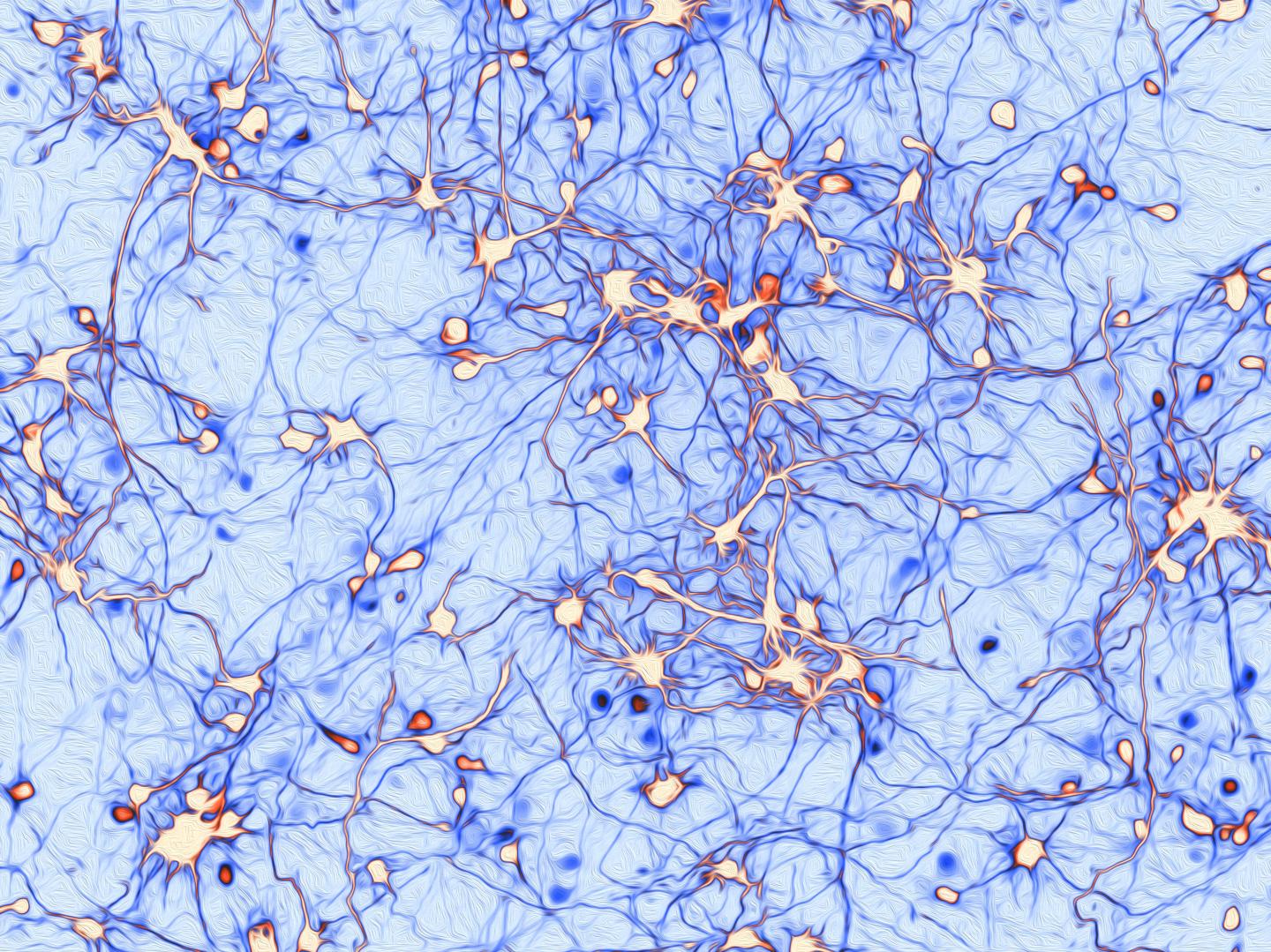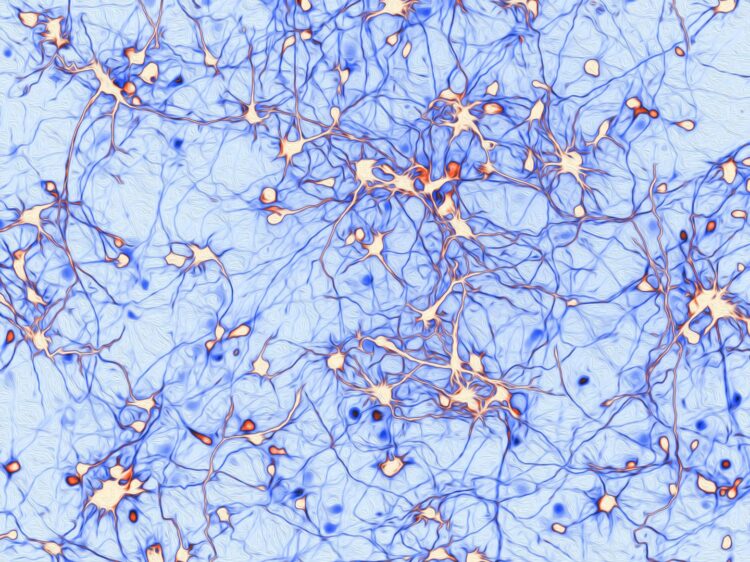
Credit: Queensland Brain Institute, The University of Queensland
Researchers at The University of Queensland, working to gain a better understanding of how brain cells work, have discovered the underlying mechanism of a rare genetic mutation that can cause epilepsy.
Dr Victor Anggono from UQ’s Queensland Brain Institute said his team made the ground-breaking findings while researching nerve cell communications, which are an important process in normal brain function.
”We’re both excited and astounded to make such an important contribution to the field of cellular and molecular neuroscience,” Dr Anggono said.
He stressed that the mutation was extremely rare, with only one reported case in the world to date.
Dr Anggono’s team studied protein structures, called receptors, that are attached to cell surfaces to make the discovery.
”It turns out that this particular mutation causes receptors in brain cells to behave differently, resulting in an imbalance in brain cell communication – and that can lead to disorders,” he said.
”For example, cells that talk too much are associated with epilepsy and unwanted cell death – while cells that talk too little have negative impacts on learning and memory.
”There are also many examples of other mutations in the same gene that are known to be associated with epilepsy.
”What we know is that this receptor is critical for brain function and can lead to epilepsy when its function is misregulated.
”The findings point the way for further research to understand and potentially treat similar mutations.”
The imbalance in brain cell communications is also believed to be involved in neurological conditions including Alzheimer’s disease and autism spectrum disorders.
Dr Anggono said the research provided a springboard for developing personalised medicines to target the mutation.
”Receptor blockers which have been approved by the US Food and Drug Administration (FDA), are already available for human treatment, but the challenge is to find the right ones and see how patients respond,” he said.
###
The research has been published in Cell Reports (DOI: 10.1016/j.celrep.2021.109338).
It was funded by the National Health and Medical Research Council (NHMRC), the Australian Research Council (ARC) and the Clem Jones Centre for Ageing Dementia Research.
Media: Erik de Wit, QBI Communications, [email protected], +61 447 305 979
Media Contact
Erik de Wit
[email protected]
Original Source
https:/
Related Journal Article
http://dx.





